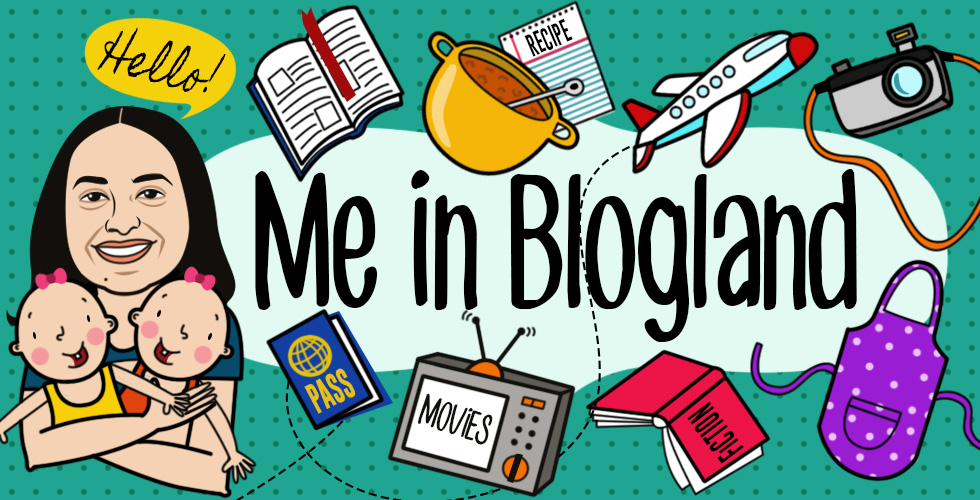This is the most time-consuming and tricky book review I have ever written. Reviewing three novels (each around 800-1000+ pages long) is not a simple task as you can imagine. I can't even wrap my head around the hours of extensive research, painstaking effort and revisions the author Ken Follett took to complete them. But this is one review I just had to do it because these three books come together to form a literary masterpiece that I believe everyone should read.
Reading the Century trilogy is akin to taking a history lesson - only far more interesting than anything that comes out of a classroom! The author takes the reader on a vivid journey back in time to the events preceding World War I. Through the lives of five fictional families, he recounts the most important historical events of the twentieth century namely,
1. World War I that followed after the assassination of Archduke Franz Ferdinand of Austria-Hungary with Germany and Austria-Hungary on the one hand, and Russia, France, and Great Britain on the other
2. World War II that arose from the political takeover of Germany by Adolf Hitler and his Nazi Party, Italian Fascism, and Japanese militarism. The principal belligerents were the Axis powers - Germany, Italy, and Japan against the Allies - France, Great Britain, the United States and the Soviet Union and
3. Cold War, the open yet restricted rivalry that developed after World War II between the communist states and capitalist states.
***Plot***
The novels narrate the story of five inextricably linked families - American, German, Russian, English and Welsh - as three generations navigate through almost 80 years that sees wars, hardship, suffering, tyranny, uprising, political unrest and revolutions. The lives of the characters illuminate the violent and world-changing vacillations of the 20th century. The author has inserted real historical figures into the story, and their interaction with the fictional characters has been skillfully executed.
World War I was a significant turning point in the political, cultural, economic, and social climate of the world. The war and its immediate aftermath sparked numerous revolutions and uprisings. Despite the creation of League of Nations, a body that was intended to prevent future wars, the Second World War followed just over twenty years later. World War II included massacres, the genocide of the Holocaust, strategic bombing, premeditated death from starvation and disease, and the only use of nuclear weapons in war. The high-octane storytelling moves the characters through these series of events offering unique perspectives and experiences. Additionally, the reader is given insights into anti-communist uprisings, such as the 1956 Hungarian Revolution and Czechoslovakia's Prague Spring in 1968, and the botched US Bay of Pigs Invasion of Cuba in 1961.
Aside from the obvious history and politics, the rich story Ken Follett weaves sheds light on women's suffrage, the nuclear arms race, condition of soldiers in the trenches, American civil rights, interracial relationships, conscription, opposition to the Vietnam war, activism for freedom of speech, alternative media, sexual revolution, the changing music scene, rise of the hippie and alternative lifestyles and even experimentation with drugs.

